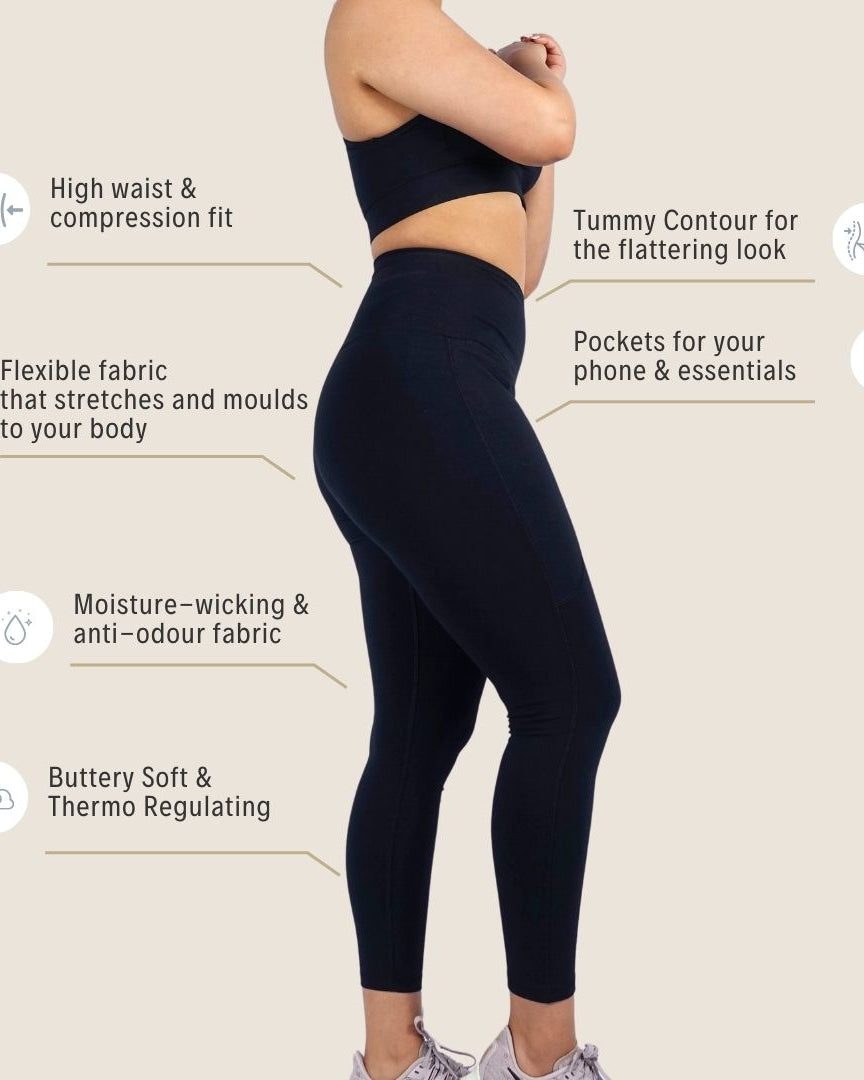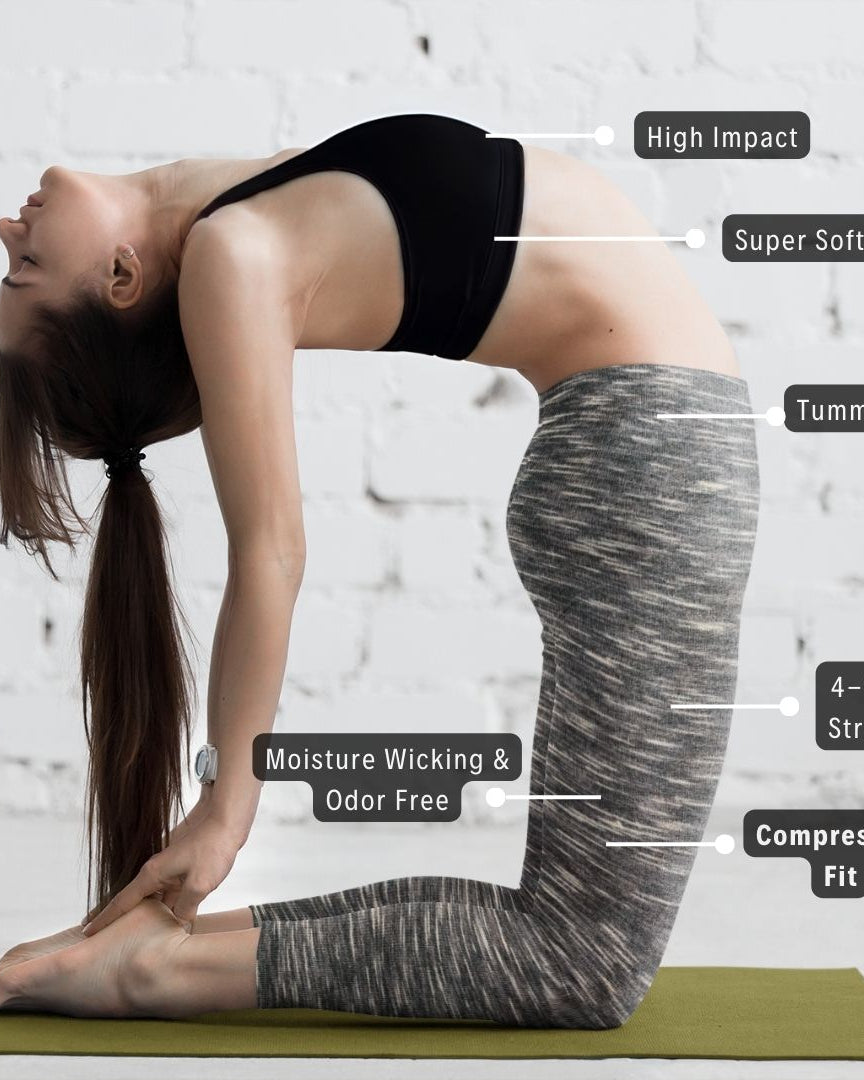In light of today being Earth Day, it's important that we take bold action, come up with innovative solutions, and implement them fairly. This requires everyone - businesses, governments, and citizens - to work together and be responsible for their actions. It's a collaborative effort to protect our planet.
Let's Invest In Our Planet!

In our blog post about Earth Hour, we raised the question of whether we, as humans, can spare even just one hour each year to contribute to help sustain mother earth. Moreover, in our most recent blog post, which is in line with Earth Month and Earth Day, we highlighted the sustainable practices that we, at Active by GS, implement in our day-to-day business operations.
Earth Hour was a great opportunity to take a break from our busy gadget-filled lives and show our support to Mother Earth by switching off. By participating in sustainable activities during earth hour and month and extending them to making small changes in our daily lives and making them a habit, we will help reduce our carbon footprint and protect the environment for future generations.
Children are especially quick to adopt habits if you get them to practise these early. Small changes could be as small as switching off lights and appliances, electronic items and so on when not in use.
You are part of the Active by GS family and we’d love to encourage you to move forward and try to make the notion of Earth Hour a habit. We are sure many of you would have already adopted healthy sustainable lifestyle changes, and we would like to offer a few additional tips to help us contribute to a healthier planet.
Together, we can make a meaningful impact and create a more sustainable future.
Invest in renewable energy sources
Invest in renewable energy sources such as solar panels. There is government rebate on solar panels - which means it’s the perfect time to start thinking of installing those solar panels if you haven’t already. Check out what is on offer by the federal government for homeowners in Australia currently including:
- Two incentives are available for homeowners for installing solar panels, the Small-scale Technology Certificates and Feed-in Tariffs. Check out the rebates here.
- Prompted by government subsidies, most companies have offers running which will help reduce initial installation costs.
Reduce meat and dairy products consumption
Meat and dairy products have a higher carbon footprint than plant-based foods. By reduce we mean, you may want to include more veggies and fruits into your diet. The staple of five veggies and two fruit a day still applies, however, health gurus also point out that there is no limit to consuming veggies.
Though be careful with fruit if you are diabetic or have any other medical conditions. We have given several choices for farmer's markets in Australia in our previous blog where you could grab your weekly veggies and fruit. And look out for a future blog post where we’ll give you some delicious veggie recipes! Learn more about meat consumption and sustainability here.

Support eco-friendly businesses
Choose to support eco-friendly businesses, especially those that are proudly Australian-owned. By doing so, you are encouraging sustainable and ethical practices that go beyond what meets the eye. These businesses work tirelessly behind the scenes to reduce their carbon footprint, promote eco-friendly energy, minimize waste, adopt fair trade practices, and educate disadvantaged communities.

Discover more about how we embody sustainability in our operations by visiting our website. Learn more about how we practice sustainability here.
Shop our buttery soft sustainable leggings here!
Reduce Plastic Consumption
Reducing plastic consumption goes a long way in helping reduce non-biodegradable waste. The first step towards this is reducing the amount of waste you produce and using reusable bags, containers, cups and utensils. Check out our Plastic Free Living post for tips and tricks on how to reduce your plastic usage. Some other tips include:
- Grocery shopping: look for items that have less packaging. Reduce plastic as much as possible (hint: try buying loose foods such as vegetables rather than packaged ones) by avoiding single-use disposable water bottles (remember to bring your own reusable bottle instead) and straws wherever possible. If something comes with one anyway just take it out before recycling it so there's no chance it'll end up back on our planet again through landfills where toxic chemicals from plastic leach into groundwater supplies or oceans where sea animals often mistake them for food causing their deaths due their inability to digest them properly).
- Tote bags: carry around some bags made from recycled materials such as hemp fabric - they're durable yet soft enough as to not tear easily which makes them perfect for storing groceries without taking up much room.
- Buy local & at farmer's markets whenever possible because this helps local economies thrive thus keeping power away from large corporations.
While the problems facing our planet can seem overwhelming, it's important to remember that small, consistent actions can make a big difference in the long run. By taking small steps every day to reduce our impact on the environment, we can help create a more sustainable and liveable planet for future generations. Every little action counts, and together, we can make a positive impact on the health of our planet.
Let's commit to making small changes in our daily lives, and inspire others to do the same. Happy Earth Day!
References
Australian Government Power Incentives and Grants https://www.energy.gov.au/rebates/renewable-power-incentives
Parlasca, M.C., and M. Qaim. 2022. Meat consumption and sustainability. Annu. Rev. Resource. Econ 14(1):17–41. doi:10.1146/annurev-resource-111820-032340




















